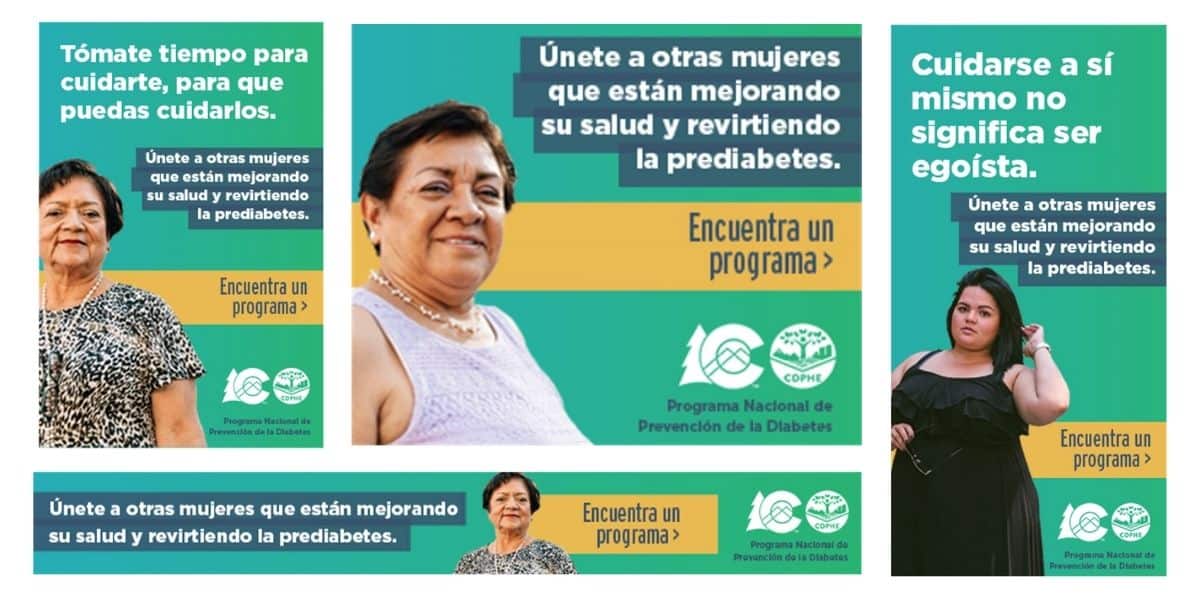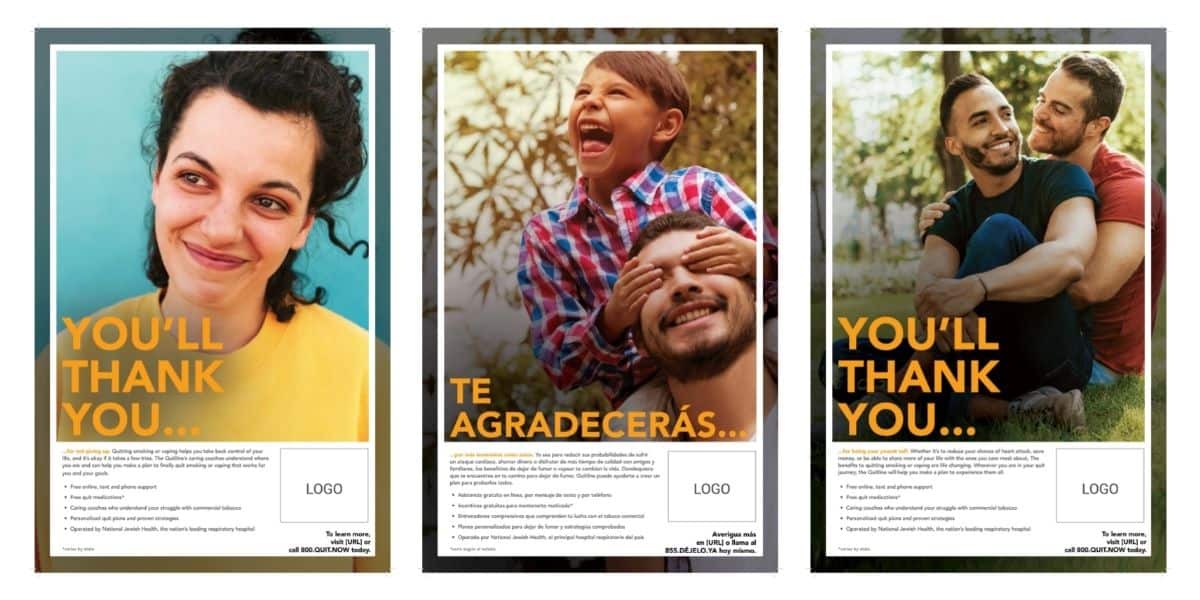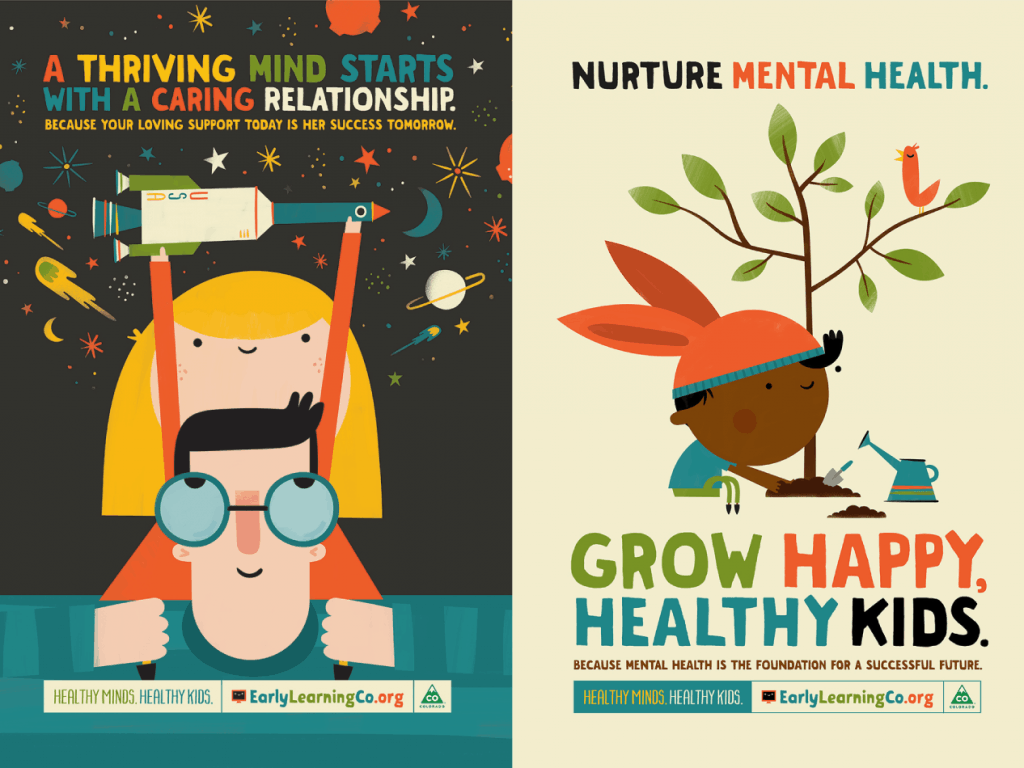
Equality, and particularly its impact on minorities and women, was a consistent theme at #sxsw2018.
From workplace equity to the role that the tech and marketing industries must play, from inspiring new advertising campaigns to using empathy and fairness to better relate to some of our most marginalized groups, it was clear that there are many opportunities to create change.
Melinda Gates talked about equality in the workplace and how she has strived to bring a female voice and perspective to Microsoft and the Bill and Melinda Gates Foundation.
When she first started at Microsoft, Gates says that her male colleagues were combative, aggressive and assertive – all jockeying for attention and position in the company. As one of the only women in the room, she found herself trying to emulate that behavior in order to fit the mold.
“Then I realized maybe I wasn’t the problem. The mold was the problem.”
With the rise of movements related to women’s roles, voices and places in the workforce (think Me Too and Times Up), Gates asserted that now is the time to truly disrupt the system and create a new American workforce — one that is inclusive and works for everyone.
Christiane Amanpour, CNN’s chief international correspondent, echoed Gates’ message reminding us that, “Equality is not an empty word. It’s up to all of us.”
Amanpour also spoke to the role of men in the work place, imploring them to engage and collectively support their female counterparts.
“Men have to be with us in this struggle,” said Amanpour. “We are your sisters, your colleagues, your friends. We cannot do this without the support of our men.”
Amanpour continued, “It’s not just about harassment. It’s about equal pay. It’s about power. It’s about equality.”
.@RealTracyMorgan and @TiffanyHaddish talking at #SXSW2018 about how they use comedy to engage people on both big issues like race and gentrification, as well as the everyday struggles we all face. pic.twitter.com/yIheSxtQiY
— SE2 (@MoveTheMeter) March 13, 2018
Sadiq Khan, the mayor of London, talked about the responsibility of tech companies and civic leaders to ensure access to all people – both the “haves” and the “have nots”.
At its best, Khan believes that tech has the power to foster equality and create social cohesion — helping people to stay in touch, meet like-minded friends, and share their creativity.
Khan also noted how technology can create divisions and disconnect, referencing the marked rise in online bullying, fake news and polarization through social media. He illustrated his premise by reading a handful of hateful tweets he’s received (Khan is recognized as one of the most prominent Muslim leaders in the world).
See his full speech here.
Inspired to see @royspence and @mcconaughey launching #promiselandproject. They are taking America on as a probono project to put the “us” back in U.S. It’s about connection, common ground and bridging the political divide. I’m in. 💪🏻😎❤🙌🏻🌎 #sxsw2018 #causemarketing pic.twitter.com/dZbrQbBPdR
— Amy Guttmann (@AmyGuttmann) March 10, 2018
Roy Spence, founding member of GSM&D and The Purpose Institute, talked about using advertising to create unity.
Channeling the famous line from Apollo 13, he stated, “America we have a problem” and went on to explain that he believes we can use advertising to bridge today’s cultural divide. He and his colleagues are committed to moving America from “the dark winter of deep political and cultural division into a bright new dawn.”
Spence and actor Matthew McConaughey took to the stage to announce the launch of a long-term marketing and grassroots campaign called The Promiseland Project. At its simplest, it’s a mar/comm effort that asks people to put aside their differences in the name of our country, our future and the greater good.
They are “taking America on as a probono project” and committed to putting the “us” back in U.S. They want to use the power of positive, non-partisan, solution-driven and purpose-inspired marketing to lead the way in building an inclusive culture and high performing economy in the United States. The goal is to celebrate the rebirth of our culture, create connection and common ground in our country. They hope mark our country’s 250th birthday in 2026 with a new and improved America.
So what does this mean for you?
Obviously, equality impacts us all differently and in some ways the problems we face are large, systemic and daunting at best. That said, Melinda Gates suggested that there are four ways we can work to support women and minorities at a personal and organizational level. They are practical and if implemented more overtly, will help to create change from the bottom, up.
- Empower. Put women in positions of leadership. It’s time to see more women in the c-suite and on boards around our country.
- Speak up. Ask yourself where you see injustice and how you can be part of the solution.
- Vote. Back candidates who will both recognize and work to advance this issue.
- Hire. As job creators, we can cast a wider net by seeking out a more diverse set of candidates.
< Previous trend: Driving Engagement with Authenticity | Next trend: Growing into Voice >





